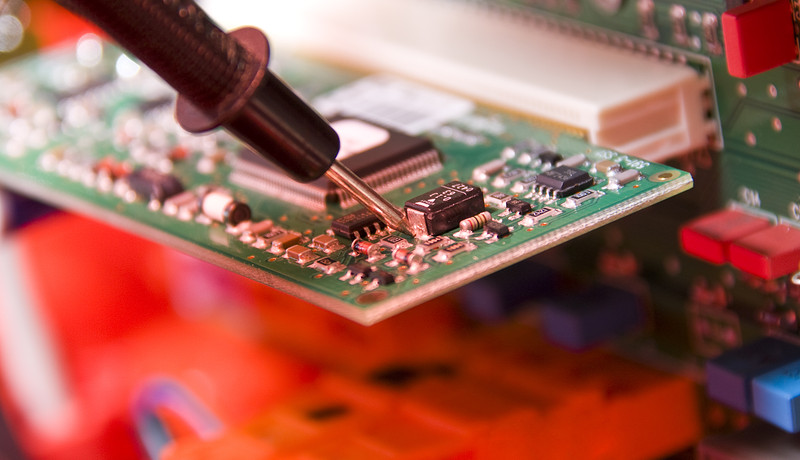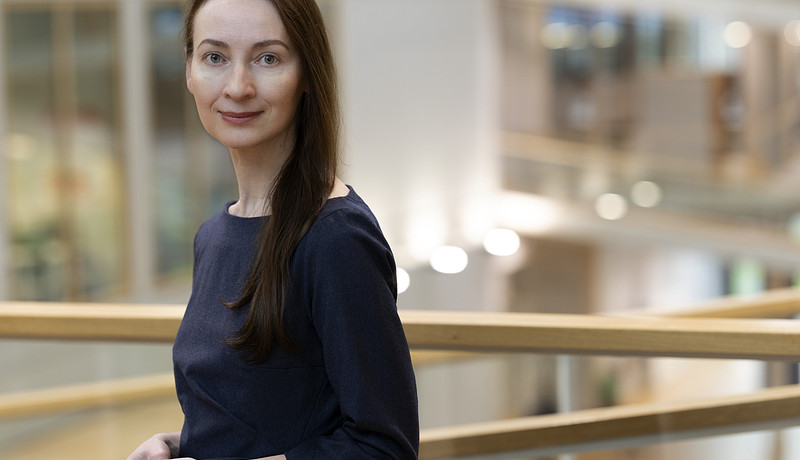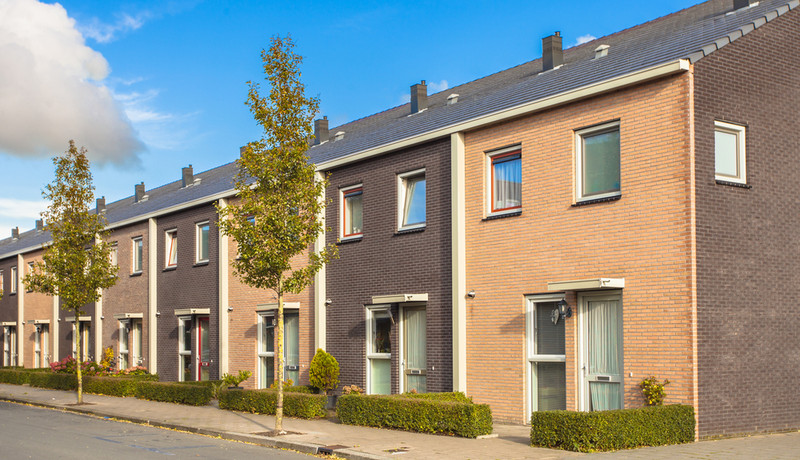
The penitentiary institutions in Veenhuizen and Leeuwarden in the North of the Netherlands have set up a Family Approach project. This project involves the entire penitentiary institution as well as people outside of it in order to provide support for families that have a member in detention.
Family Approach in Penitentiary Institutions in the Northern Netherlands
The four goals of the approach are:
- Limiting the damage the detention of a parent does to children.
- Change the cycle of criminogenic family situations/improving en encouraging positive family situations.
- Reducing the parent’s recidivism.
- Break the cycle of transgenerational transference of criminality from parent to child.
With this project we want to contribute to making Dutch prisons more child-friendly. We do this by conducting research and by developing products that prisons can make use of. We do this in close collaboration with the target group, professionals, students and researchers.
Research
Background
There are thousands of children in the Netherlands who have a parent in detention. Research shows that a parent in detention can have a very negative effect on children, such as a higher risk of problematic behaviour, emotional distress, diminished school results and intergenerational passing on of criminal behaviour. Prisons in the Netherlands can do quite a lot to support these children.
Why?
In 2018 the Council of Europe set up a number of recommendations, one of which is that member states have to take responsibility for making efforts to improve the well-being and the legal position of children with a parent in detention. In addition the treaty concerning the rights of children (the International Convention on the rights of the Child - CRC), signed by the Netherlands, states that children have the right to a family life and regular contact with their parents, even when one of them is in detention. The Family Approach project in the northern penitentiary institutions is an important step towards this goal.
Family Approach in penitentiary institutions
Characteristic of the Family Approach project is that fathers in detention can be placed in a separate department: the father’s wing. The father’s wing in Veenhuizen has space for 23 fathers. The objective of bringing them together is to stimulate a culture of positive fatherhood. The thinking behind this is that allowing fathers to take on the (often vulnerable) role of father, will limit the disruptive effect that detention has on their role as a father. In regular departments there is often less time for this. Staff on the father’s wing pay more attention to fatherhood.
Families taking part in the Family Approach project, have access to additional options for contact with the family. They can make use of a special child-friendly and private visitor’s space (the family room). Fathers can also make video-calls in their cells and family activities are organised on a regular basis. In addition fathers in the father’s wing take part in educational workshops and training in order to stimulate their role as fathers. Participating families are selected based on the behaviour and motivation of the father. Taken into account are:
- motivation
- behaviour of the father in detention
- the nature of his crime
- the safety of the children (based on the safety check done by the Zorg en Veiligheidshuis)
- the mother or caretaker’s consent
The PI has also appointed a family functionary who is responsible fort he integral methodology of Family Approach. This functionary makes a fatherhood plan, together with the father and the family concerned. This plan includes appointments about the frequency of the use of the family room; appointments about video-call moments and family goals. This way they arrive at a tailormade plan.
Approach
The Family Approach research is made up of two components: 1. The evaluation research and 2. The action research.
- Evaluation research
The evaluation research aims to provide insight into the experiences and consequences of participation in the father’s wing programme. The focus is on three outcomes: the quality of family relations, the role of the father during detention, and the well-being of the children. We also aim to make clear for which groups this approach is most effective. In order to do so we make use of information from registrations of the penitentiary institution, questionnaires completed by fathers in detention, qualitative interviews with fathers in detention, mothers/carers, children and professionals in the prison system.
In addition we conduct research into subjects concerning parenthood and detention in a wider sense. The results of the evaluation research are published in (inter)national scientific and practical periodicals.
- Action research
With action research we aim to make an active contribution to the development and optimisation of the Family Approach and Father’s Wing programme. Since 2018 quite a few practical products have been developed that contribute to the optimiation of the approach, such as scripts for father-child activities, a training for fathers in detention, a registration procedure for Family Approach and a fatherhood plan. These products (in Dutch) can be found here: Gezinsbenadering
Coordination of the Family Approach programme takes place in the Living Lab Gezinsbenadering (Family Approach) of the research group Addiction Studies. This is a physical space in the penitentiary institution in Veenhuizen, where students of various courses, researchers, teachers, professionals and the target group come together in order to give shape to the research and the continuous development of the Family Approach. Students play a large part in the research by collecting data and developing products. From 2018 to 2022 a total of 154 students were involved in the Living Lab. In 2022 the Living Lab Family Approach won the Prison Achievement Award 2022 of EuroPris.
With our evaluation and action research, we want to contribute to the Family Approach at a local level as well as provide a stimulus to child-centred working in penitentiary institutions on a national level.
Project organisation and collaboration
The project organisation and execution is the responsibility of Petrick Glasbergen (project leader), Simon Venema (researcher/PhD candidate) and Eric Blaauw (professor). We work closely together with various organisations and our primary partner is Dienst Justitiële Inrichtingen. In addition we work with various organisations of volunteers and other partners.
Results
The project has led to various national and international publications. You can find these here:
In the media
Products
The action research has resulted in various products which contribute to a child-friendly way of working in penitentiary institutions. These products were developed within the Lving Lab Gezinsbenadering (Family Approach) by student researchers. You will find them here: Products Family Approach
Feedback component
How satisfied are you with the information on this page?



